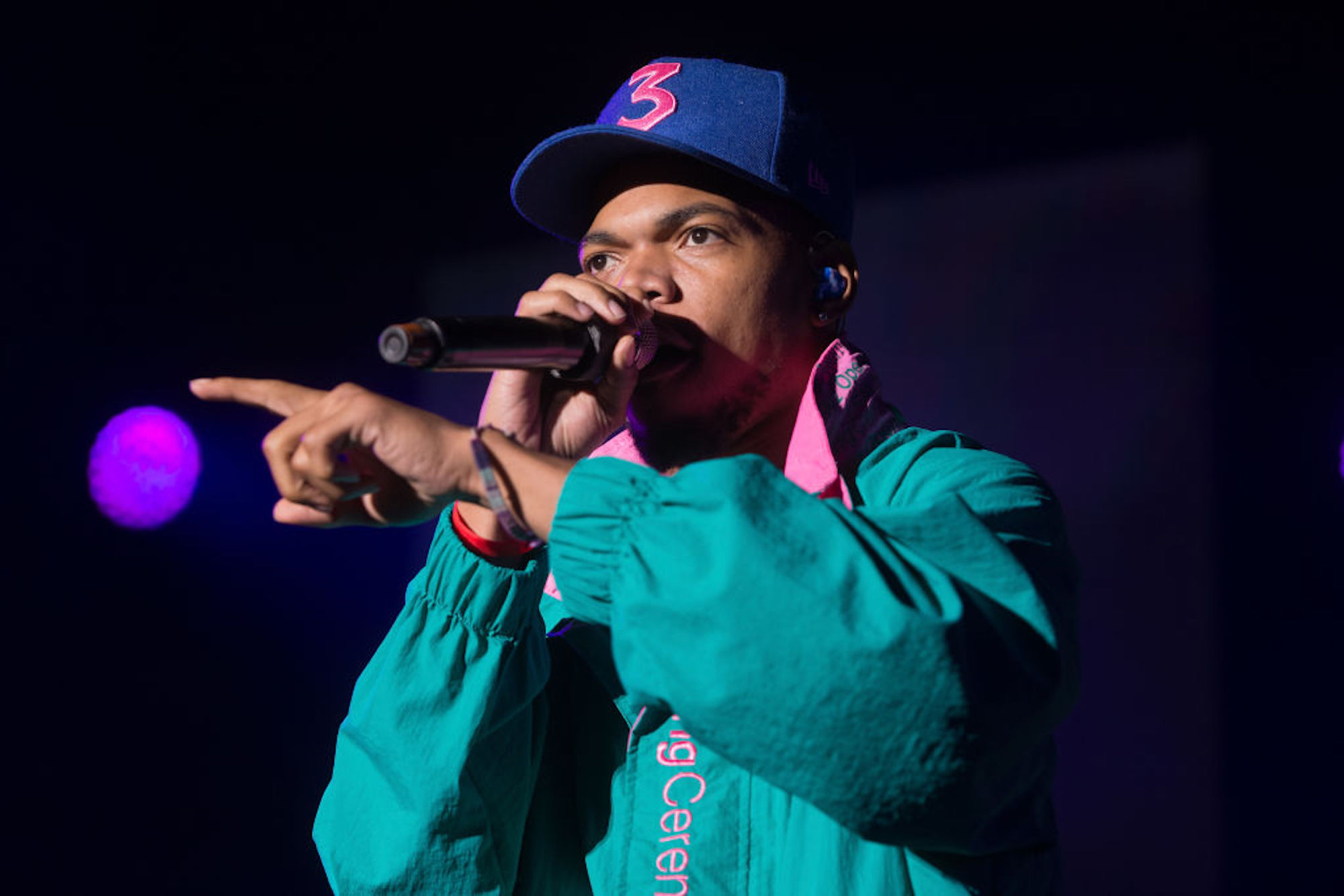Rappers Are Defending Their Right to Anti-Cop Lyrics in the Supreme Court

Credit to Author: Taylor Hosking| Date: Thu, 07 Mar 2019 23:23:45 +0000
In 2014, Pennsylvania’s Supreme Court sentenced Pittsburg rapper Mayhem Mal to two years in prison for “terroristic threats” and “witness intimidation.” This conviction was based on his lyrics in “Fuck the Police,” a song he rapped on as part of the group Ghetto SuperStar Committee. The song, which borrows its title from N.W.A.’s “Fuck Tha Police,” name checks officers who had arrested Mal, whose real name is Jamal Knox, for gun and drug possession in 2012 and refers to killing them and other cops. The officers claimed the lyrics made them feel threatened, but Knox held that his lyrics weren’t meant to be taken literally and were a vehicle of his rap persona’s expression, not an indication of real action he intended to take. Now, the federal Supreme Court is hearing his appeal case as his lawyers argue that his first amendment rights to free speech have been violated. The situation is kicking up a larger debate about whether rap lyrics can qualify legally as a threat.
The New York Times reports that on Wednesday some of the biggest rappers in the game banned together to file a brief in the case defending Knox, calling his song “a work of poetry [that’s] not intended to be taken literally.” Together, Chance the Rapper, Yo Gotti, Meek Mill, 21 Savage, Fat Joe, and Killer Mike also dropped a crash course on rap and hip-hop on the justices presiding over the case in order to provide cultural understanding of the rapper’s lyrics.
In the brief, the rappers wrote that Knox’s conviction was passed by “a court deeply unaware of popular music generally and rap music specifically,” noting N.W.A.’s “Fuck Tha Police” as an example of how anti-cop lyrics provide an important outlet for highlighting injustice in society.
They explained that the power in N.W.A.’s “Fuck Tha Police” lies in how the song “struck a nerve for many people, especially in marginalized communities. They wanted justice, too, but only in fictional songs like ‘Fuck Tha Police’ could they seem to find it.” At the time of its release, “Fuck Tha Police” enraged the FBI, leading the organization’s assistant director, Milt Ahlerich, to write an angry letter to N.W.A.’s record company, Ruthless Records, on the FBI’s behalf, saying “law enforcement officers dedicate their lives to the protection of our citizens, and recordings such as the one from N.W.A. are both discouraging and degrading to these brave, dedicated officers.” The tension between N.W.A. and law enforcement infamously led to police officers storming the stage at a 1989 concert in Detroit when the group performed the song.
Ghetto SuperStar Committee’s “Fuck The Police” holds the same power in its expression, especially considering the frayed relationship between law enforcement and the black community today. The brief also points out how violent rap lyrics are treated differently by authorities than in stereotypically whiter genres. “Consider country music. Like rap, it often depicts sex, drug or alcohol (ab)use, poverty, and certainly violence,” it reads. “Yet people tend to have very different responses to country music.” Killer Mike echoed the same sentiment to the New York Times saying, “I can tell you that the lyrics are dark and brutal when Johnny Cash describes shooting a man in Reno just to watch him die and when Ice Cube rapped about a drive-by shooting early in his career.”
At its core, the brief brought up the question of whether black artists have the same creative freedoms as other groups do. This group of artists is helping make the case, citing rappers like Ice-T, whose song “Cop Killer,” released in 1992 under the rapper’s band Body Count, sparked major controversy. Their brief highlights a moment in Ice-T’s memoir where he compares his rap persona in “Cop Killer” to David Bowie playing with characters in “Space Oddity.”
“If you believe that I’m a cop killer,” he wrote, “you believe David Bowie is an astronaut.”
It’s uncertain what affect the rappers will have in swaying the Supreme Court. For now, Knox is still in prison while he awaits a verdict.
Sign up for our newsletter to get the best of VICE delivered to your inbox daily.
Follow Taylor Hosking on Twitter and Instagram.
This article originally appeared on VICE US.